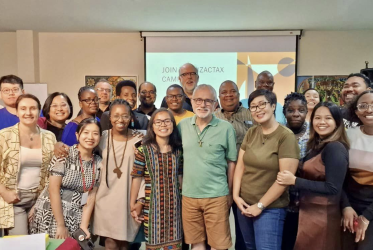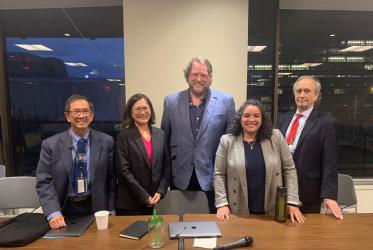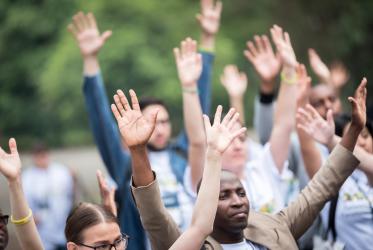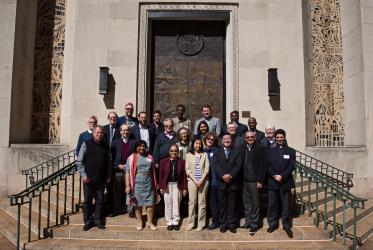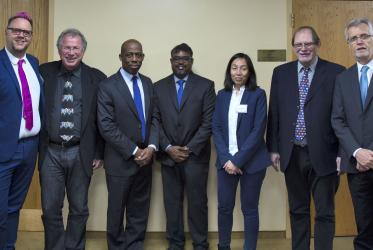Displaying 1 - 16 of 16
GEM School explores how to make new economic world order a reality
08 September 2023
ZacTax Toolkit
24 November 2021
Real economic reform still sadly missing, says WCC
07 November 2018
WCC’s Phiri speaks on globalisation and justice
24 September 2018
Panel addresses economic and climate injustice
24 April 2018
New economic architecture focus of New York meeting
22 April 2018
3rd Meeting of the Ecumenical Panel on a New International Financial and Economic Architecture (NIFEA)
21 - 22 April 2018
New York, United States
GEM school ends with hope for a better tomorrow
08 September 2016
A just financial and economic architecture is possible, students find
08 September 2016

